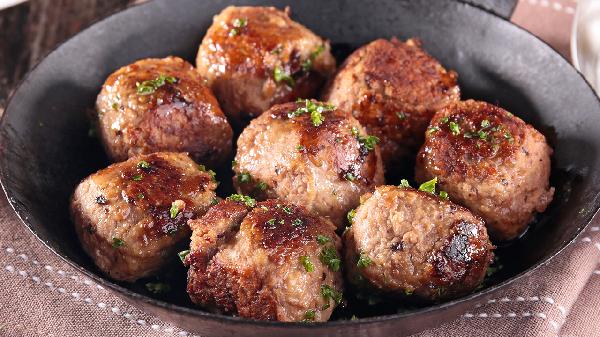If you're looking to boost your health and energy levels, the answer lies in a balanced diet packed with nutrient-dense foods. Think whole grains, lean proteins, healthy fats, and a rainbow of fruits and veggies. But it’s not just about what you eat—it’s also about how you eat. Timing, portion sizes, and even your mindset play a role in how your body processes and uses the fuel you give it. Let’s break it down so you can feel like the best version of yourself, no caffeine crash required.

Whole foods are the unsung heroes of a healthy diet. These are foods that are as close to their natural state as possible—think apples instead of apple juice, or quinoa instead of processed crackers. Whole foods are packed with vitamins, minerals, and fiber that your body needs to function at its peak. They’re also less likely to cause energy crashes because they’re digested more slowly, providing a steady release of energy. Plus, they’re free from the added sugars, preservatives, and artificial ingredients that can mess with your system. So, next time you’re at the grocery store, skip the middle aisles and load up on fresh produce, whole grains, and lean proteins.
Protein isn’t just for bodybuilders—it’s essential for everyone. It helps repair tissues, build muscle, and keep your immune system strong. But here’s the kicker: protein also plays a key role in keeping your energy levels stable. When you eat protein, it slows down the absorption of carbohydrates, preventing those dreaded sugar spikes and crashes. Aim to include a source of protein in every meal, whether it’s eggs for breakfast, grilled chicken for lunch, or a handful of nuts as a snack. And don’t forget plant-based options like beans, lentils, and tofu—they’re just as effective.
Carbs have gotten a bad rap, but not all carbs are created equal. Complex carbs, like those found in whole grains, fruits, and vegetables, are your body’s preferred source of energy. They’re packed with fiber, which helps regulate blood sugar levels and keeps you feeling full longer. On the flip side, simple carbs—like those in sugary snacks and white bread—can cause your energy levels to spike and then plummet. The key is to choose carbs that are nutrient-dense and pair them with protein or healthy fats to keep your energy steady throughout the day.
Healthy fats are another essential component of a balanced diet. They provide a concentrated source of energy and help your body absorb fat-soluble vitamins like A, D, E, and K. But not all fats are created equal. Focus on unsaturated fats, which are found in foods like avocados, nuts, seeds, and olive oil. These fats can help reduce inflammation and support heart health. On the other hand, trans fats and excessive saturated fats—found in fried foods and processed snacks—can do more harm than good. So, swap out the chips for a handful of almonds or add a drizzle of olive oil to your salad.
You might not think of water as a food, but staying hydrated is crucial for maintaining energy levels. Even mild dehydration can leave you feeling sluggish and foggy. Water helps transport nutrients to your cells, flush out toxins, and keep your metabolism running smoothly. Aim to drink at least eight glasses of water a day, and more if you’re active or in a hot climate. If plain water feels boring, try infusing it with fruits like lemon, cucumber, or berries for a refreshing twist. And don’t forget that foods like watermelon, cucumbers, and soups can also contribute to your daily hydration needs.
When you eat is just as important as what you eat. Skipping meals or going too long without eating can cause your blood sugar to drop, leaving you feeling tired and irritable. Aim to eat every three to four hours to keep your energy levels stable. Start your day with a balanced breakfast that includes protein, healthy fats, and complex carbs. For lunch and dinner, focus on lean proteins, whole grains, and plenty of veggies. And don’t forget snacks—a handful of nuts, a piece of fruit, or some yogurt can keep you going between meals.
Finally, how you eat can make a big difference in how you feel. Mindful eating—paying attention to what and how you eat—can help you make better food choices and avoid overeating. Slow down, savor each bite, and listen to your body’s hunger and fullness cues. Eating in a relaxed state also helps your body digest food more efficiently, which can boost your energy levels. So, put away the phone, turn off the TV, and focus on your meal. Your body will thank you.
Boosting your health and energy levels doesn’t have to be complicated. By focusing on whole, nutrient-dense foods, staying hydrated, and eating mindfully, you can fuel your body in a way that keeps you feeling energized and vibrant. It’s not about perfection—it’s about making small, sustainable changes that add up over time. So, start today and see how good you can feel when you give your body the fuel it deserves.
























